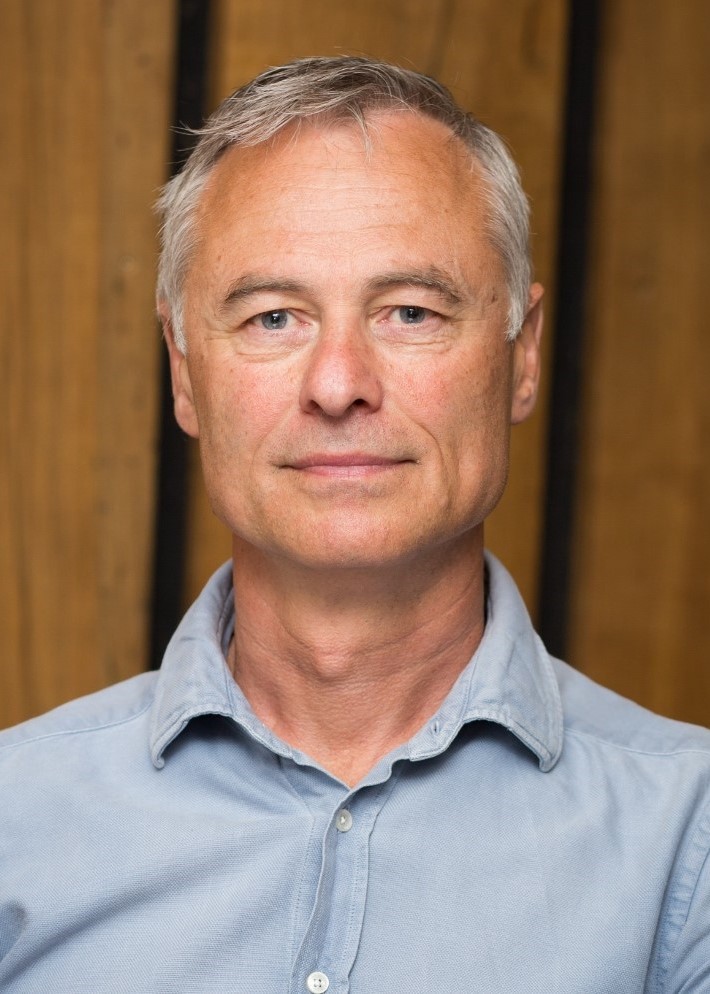Intellectual Podcast №6
The changing role of the school and the community in teaching children in a new reality

In the new episode of the Intellectual Podcast Darius Radkevicius, Member of the Vilnius City Council, Education and Culture Committee, expert of the European Bank for Reconstruction and Development, shares his views on the role of school and community in a new reality.
Mr. Radkevicius is a certified expert of the International Organization for Theory of Constraints (E. Goldratt), the owner of the consulting business and publishing house UAB Rgrupe in Lithuania, specializing in business books. He is also the author of 3 creative book projects: “God, Quantum Physics, Organizational Structure and Management Style”; “Waiting for the Golden Age” (about yoga and the search for meaning); “Style as a Mirror of Archetype” and a series of interviews with leading visionaries in children’s education entitled “School of the Future and / or Happiness”.
After analyzing the state of school education in the European context, particularly in Lithuania, Mr Radkevicius notes that over the past few years (before the Covid-19 crisis), the views and priorities in society have changed. For example, parents tend to perceive school as an institution that provides social rather than educational services and ensures children’s socialization and a safe stay during the day.
The conditions of quarantine and distance learning have exposed an acute problem – the inability of classical education to adapt to the new reality. Observing how hard it is for a child to study remotely, to sit passively in front of the computer screen for several hours a day, Darius chose to act as a home teacher for his 8-year-old son.
This allowed him to reflect on school teachers’ methodology, plan the homeschooling individually and focus on his child’s needs. Mr Radkevicius highly praised the quality of the integrated textbook aimed at the formation of students’ interdisciplinary knowledge and the development of creative skills.
At the same time, the speaker illustrates what essential elements of cognition are lost during remote learning: these are live student-teacher contact, communication with peers and many others.
Lastly, Darius Radkevicius concludes how school and remote learning can co-exist in synergy in the future.
Speaker originally presented in Russian.

Recent Comments